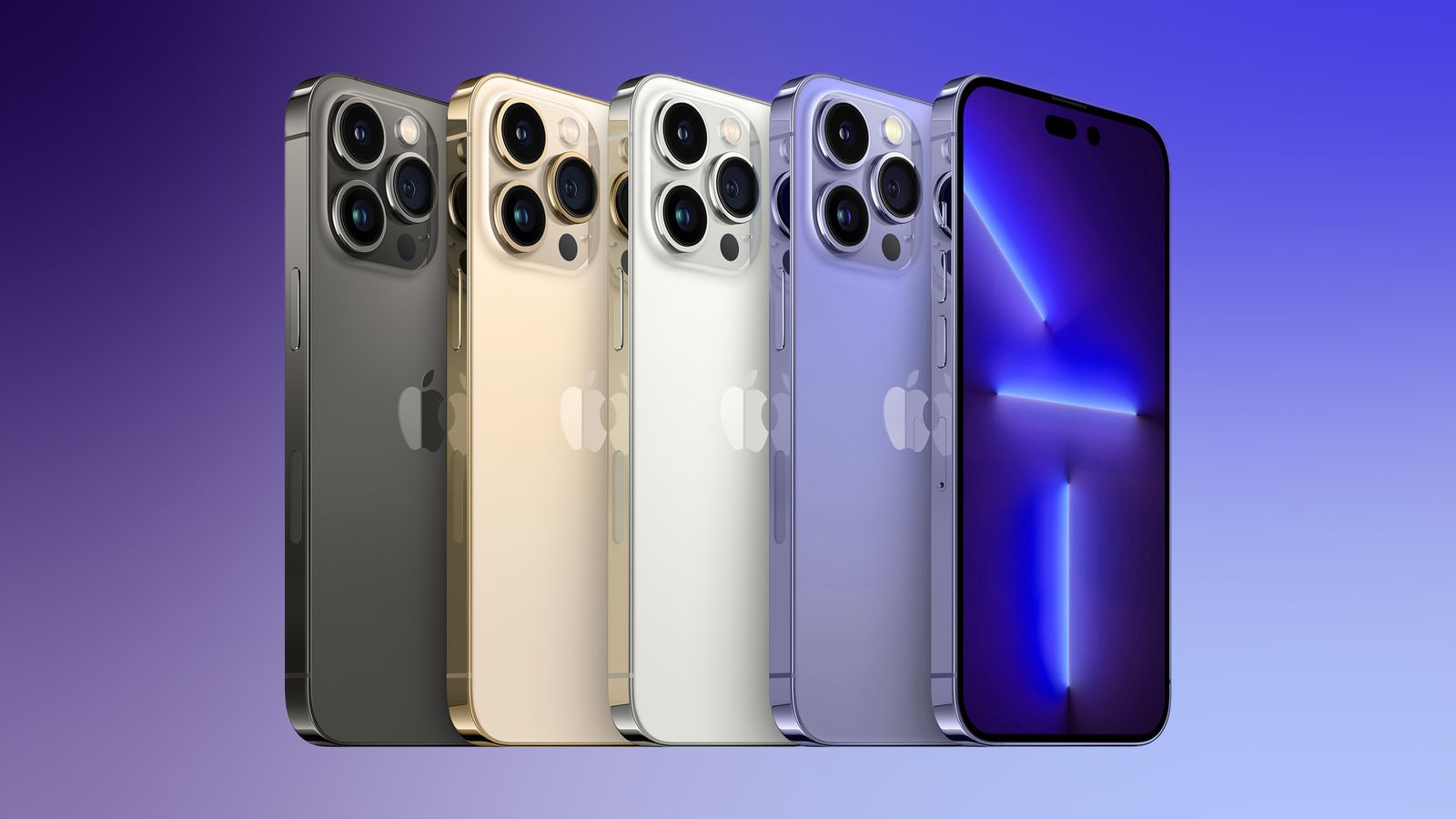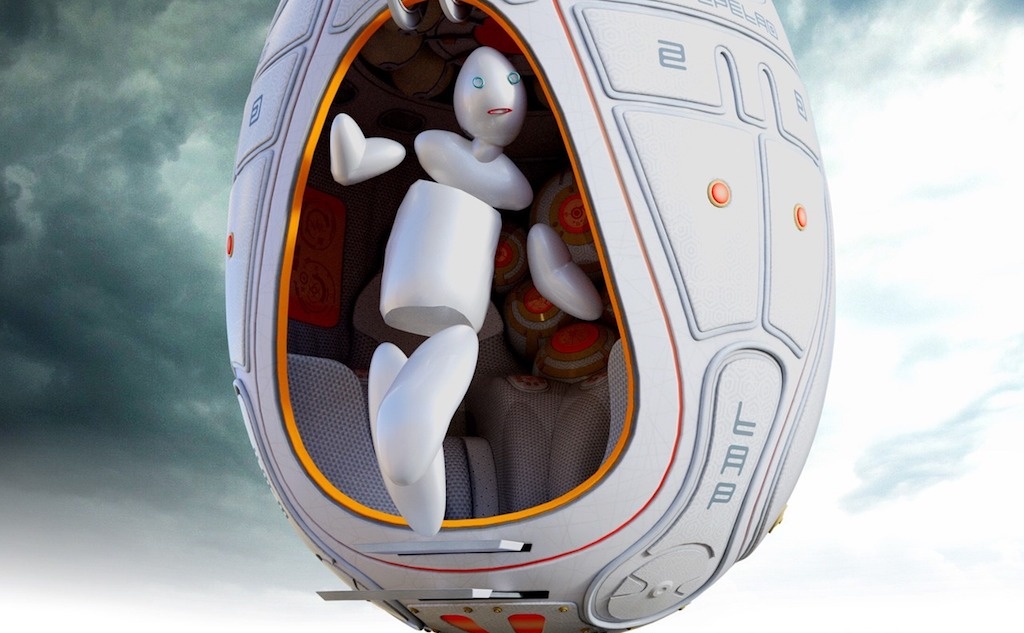The United States uses the most energy in the world, responsible for 20% of global consumption. China takes second place, coming in at 15%. The more energy used, the more carbon emissions there are, which is bad news for the planet. Electrical devices, appliances and gadgets are part of life and all require power, as well as the need to heat and cool homes. Tech is finding new, innovative ways to help people live their lives in an energy efficient way without having to make sacrifices.
Energy-efficient dishwashers
Ditching washing up at the sink and opting for a dishwasher has many benefits, but you may be surprised to know that it can save you water and energy. Washing by hand can use up to 27 gallons of water per day, whereas an energy efficient dishwasher can use as little as 3 gallons. Using less water means less energy is used to heat the water too. Even dishwashers that have a long run cycle will use very little energy and water, yet get your dishes clean and dry every time. Technology is making dishwashers smarter so that they can detect how dirty dishes are and jets are more powerful, meaning less energy is needed to operate them.
Smart windows
Lawrence Berkeley National Laboratory have teamed up with Pella Windows to create a highly insulated window that uses sensors and microprocessors to adjust how much light, and therefore warmth, is let into a home. It bases this on the amount of sunlight and time of day to give highly efficient lighting and temperatures. Another company, View, have worked on similar technology and claim that savings on lighting, electricity, heating, ventilation and air conditioning can add up to 23% at peak times.
Magnetized fridges
Currently, refrigerators in the US use approximately 60% less energy than they did 20 years ago, which is down to technology helping to making them more energy efficient. Oak Ridge National Laboratory and General Electric have teamed up to take the energy efficiency of fridges one step further. Their aim is to make a domestic fridge that uses 25% less energy than current modern fridges by using a technology known as magnetocaloric effect, or MCE, instead of conventional vapor compression. Basically, temperature is controlled by a changing magnetic field, which means the use of harmful refrigerants is eliminated.
Technology has been responsible for an increased consumption of energy, but it’s also being used more to look at ways of making appliances and devices work in an energy efficient way. Tech can also take everyday objects and make them smart to help reduce the need for electrical devices to be turned on, such as air conditioning, which further helps to reduce energy consumption.













